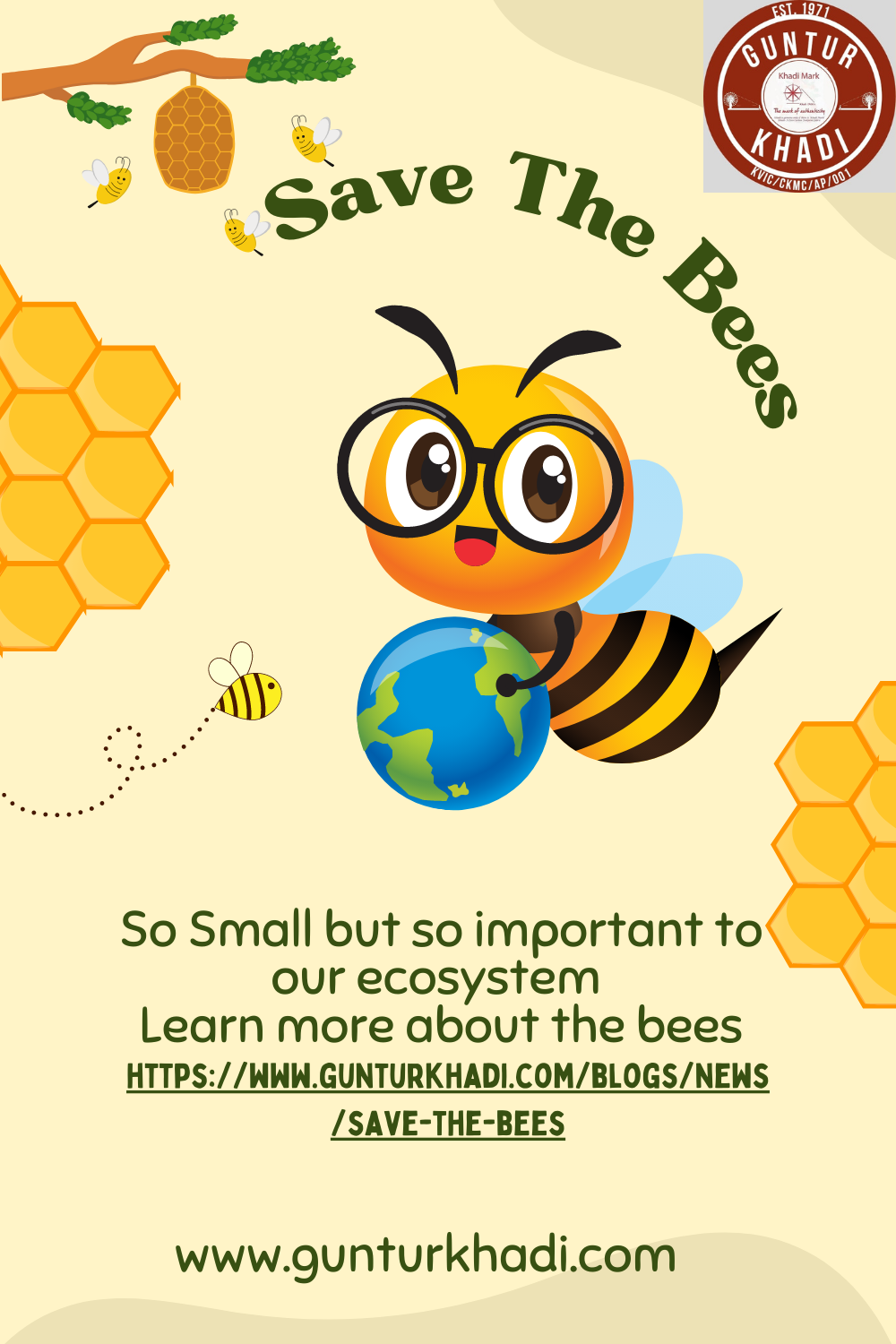Saving bees is important because they are critical pollinators for many plants and crops. Without them, the pollination process would be severely hindered, resulting in lower crop yields and food shortages. Some ways to help save bees include planting bee-friendly flowers, reducing pesticide use, creating habitats for bees, and supporting organizationsSaving bees is important because they are critical pollinators for many plants and crops. Without them, the pollination process would be severely hindered, resulting in lower crop yields and food shortages. Some ways to help save bees include planting bee-friendly flowers, reducing pesticide use, creating habitats for bees, and supporting organizations that work to protect bees and their habitats.
Small but so important to our ecosystem. Bees are small insects that belong to the order Hymenoptera, which also includes ants and wasps. They are known for their role as pollinators, which means they transfer pollen from one flower to another, allowing plants to reproduce. There are over 20,000 known species of bees in the world, with the most well-known being honeybees and bumblebees.
Honeybees are social insects that live in colonies, where they have a division of labor and a hierarchical social structure. They are responsible for pollinating a wide variety of crops, including fruits, vegetables, nuts, and seeds. Bumblebees are also important pollinators, and they are known for their fuzzy bodies and loud buzzing.
The population of bees has been declining in recent years due to a variety of factors, including habitat loss, pesticide use, disease, and climate change. This decline in bee populations is a cause for concern, as bees play a crucial role in the ecosystem, and their loss could have severe consequences for food production and biodiversity.
Many organizations and initiatives are working to protect and conserve bees, including research on the causes of population declines and the development of sustainable farming practices that support bee health. As individuals, we can also help by planting bee-friendly flowers, reducing pesticide use, and supporting organizations that work to protect bees and their habitats.

